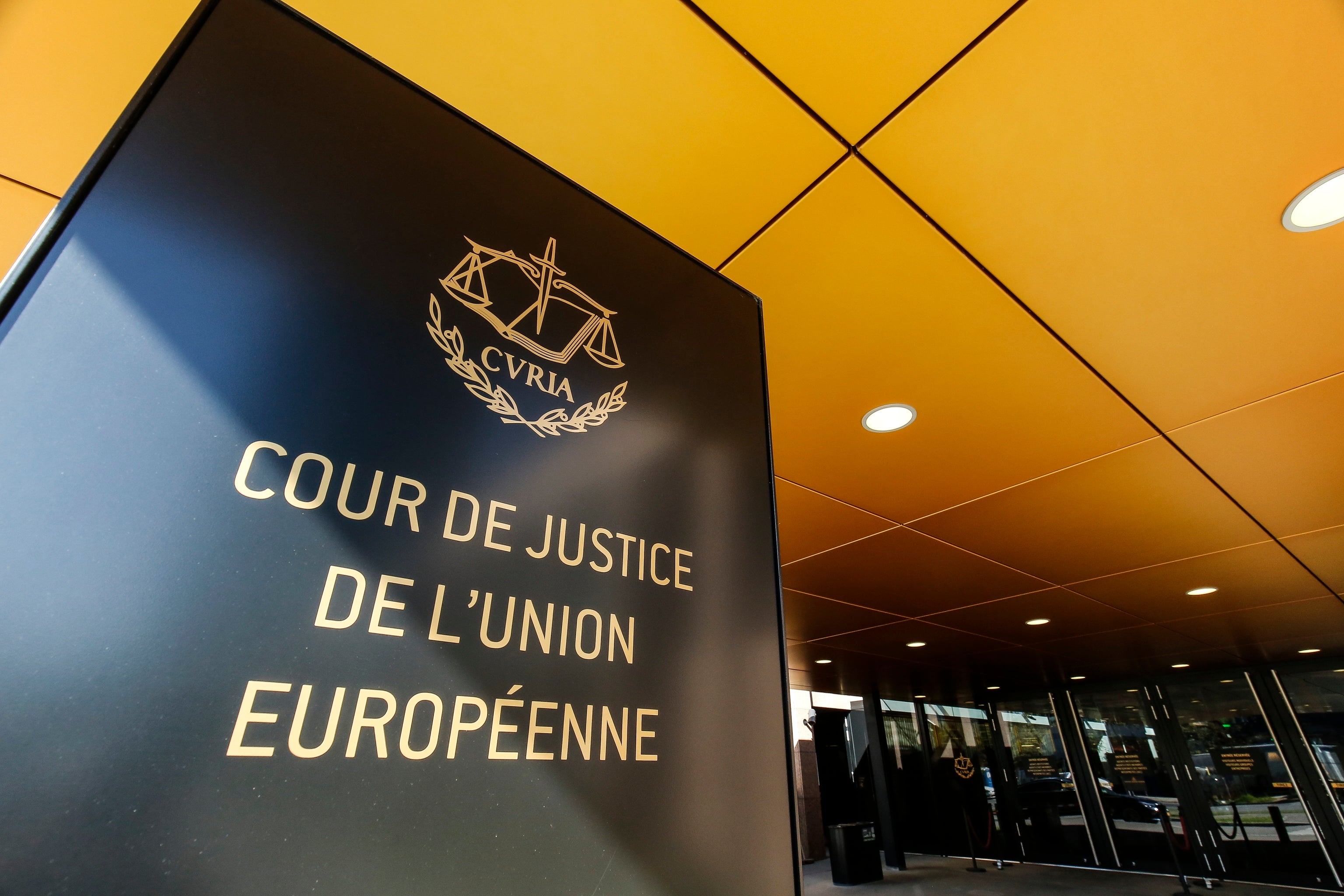UK ‘failed’ by letting cheap Chinese clothes flood EU market
UK ‘failed to fulfil its obligations’ to stop Chinese companies flooding market with cheap clothes

Your support helps us to tell the story
From reproductive rights to climate change to Big Tech, The Independent is on the ground when the story is developing. Whether it's investigating the financials of Elon Musk's pro-Trump PAC or producing our latest documentary, 'The A Word', which shines a light on the American women fighting for reproductive rights, we know how important it is to parse out the facts from the messaging.
At such a critical moment in US history, we need reporters on the ground. Your donation allows us to keep sending journalists to speak to both sides of the story.
The Independent is trusted by Americans across the entire political spectrum. And unlike many other quality news outlets, we choose not to lock Americans out of our reporting and analysis with paywalls. We believe quality journalism should be available to everyone, paid for by those who can afford it.
Your support makes all the difference.The UK is facing a hefty fine from Brussels after a European court ruling that it was negligent in allowing EU markets to be flooded with cheap Chinese-made clothes and shoes.
The European Court of Justice found that Britain had "failed to fulfil its obligations” on customs controls while an EU member by failing to "combat fraud with regards to undervalued imports of textiles and footwear from China".
However, the court rejected the European Commission’s demand for fines totalling €2.7bn (£2.2bn), ordering Brussels to recalculate the level of losses suffered before the penalty is fixed.
The failures by HM Revenue and Customs date back to the period 2011-17, and despite Brexit the UK is still liable for breaches of EU law committed during its membership.
The EU’s anti-fraud office Olaf said British authorities had allowed criminals to evade customs duties by making false claims about clothes and shoes imported from China. More than half of textiles and footwear were “below the lowest acceptable price”, it found.
The Luxembourg court found that Olaf had informed EU member states as early as 2007 of the risk of “extreme undervaluation” of these products by Chinese shell companies registered for the sole purpose of “giving fraudulent transactions the appearance of legitimacy”.
The UK declined to participate in a EU-wide scheme to tackle the problem, arguing that its checks for undervalued goods were disproportionate to the scale of the issue.
Olaf argued that “inadequate” checks in the UK encouraged the shift of fraudulent operations from other member states to the UK.
In a statement released today, the court said: “The United Kingdom has failed to fulfil its obligations under EU law by failing to apply effective customs control measures or to enter in the accounts the correct amounts of customs duties, and accordingly to make available to the commission the correct amount of traditional own resources in respect of certain imports of textiles and footwear from China".
The ruling said the full amounts involved have not yet been established "to the requisite legal standard", adding it is now for the commission to “recalculate the losses of EU own resources remaining due by taking account of the findings of the court regarding the quantum of the losses and the value to be attributed to them”.
A UK government spokesperson said: “We will consider the judgment in full and respond in due course to the European Commission.
“Throughout, we’ve made the case that we took reasonable and proportionate steps to tackle the fraud in question and that the commission vastly overstated the size and severity of the alleged fraud.
“The UK has always and continues to take customs fraud very seriously and evolves its response as new threats emerge.”
Join our commenting forum
Join thought-provoking conversations, follow other Independent readers and see their replies
Comments